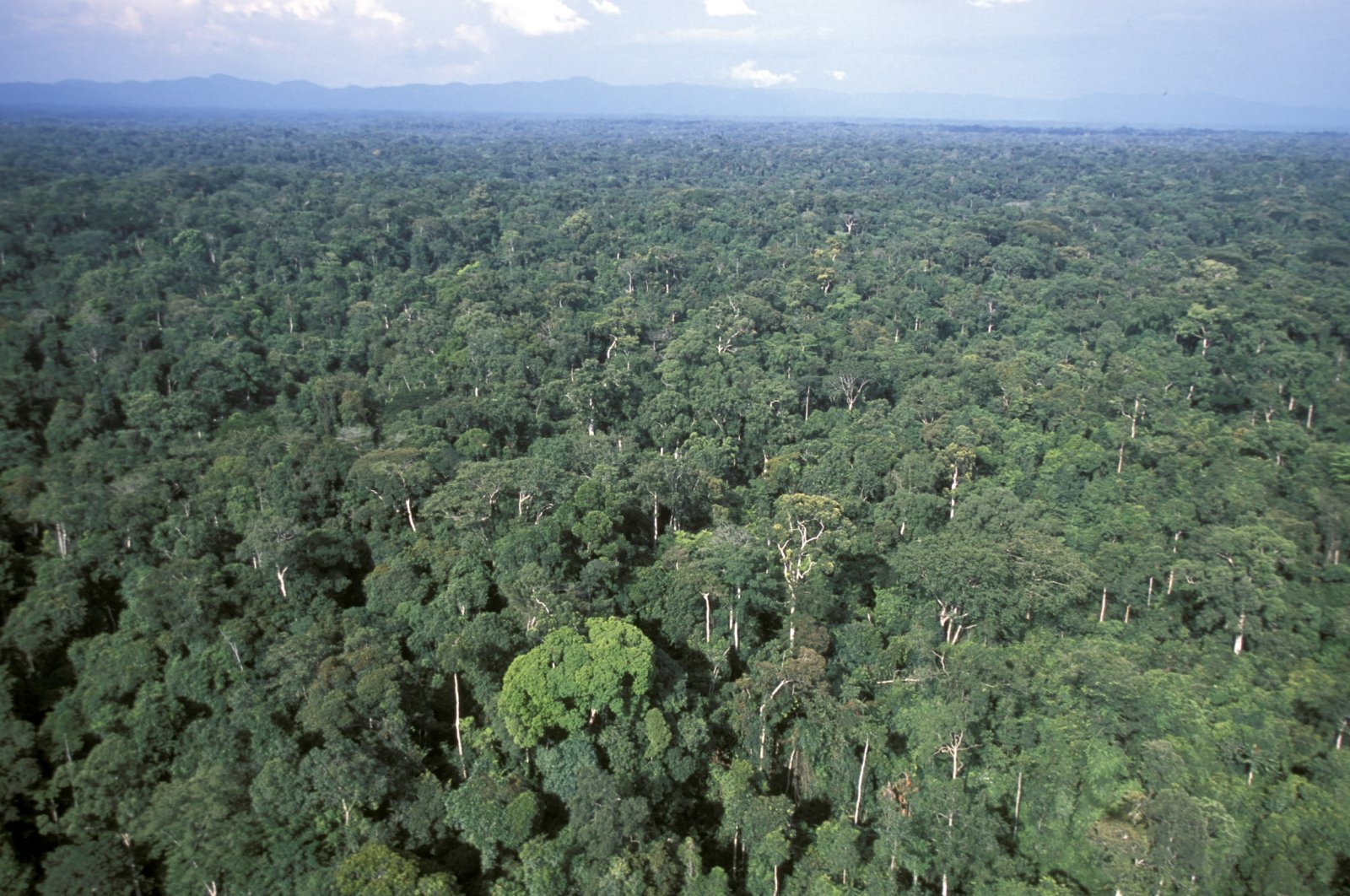
Scientists have found new evidence suggesting that life on Earth may have begun 1.5 billion years earlier than previously thought.
According to BBC, researchers in Franceville, Gabon, have discovered evidence in rocks indicating the environmental conditions of possible life 2.1 billion years ago.
However, the scientists noted that these findings of potential life forms were confined to an inland sea, did not spread globally, and eventually disappeared.
Contrary to this theory of earlier life, there is a prevailing belief that life on Earth began 635 million years ago.
An international team of scientists led by Dr. Ernest Chi Fru from Cardiff University examined rocks around formations known as the "Franceville biota," discovered 10 years ago in Franceville, to determine whether they contain nutrients like oxygen and phosphorus that could support life.
Chi Fru stated that the study could help prove theories about the processes that initiated life on Earth, saying, "We are saying look, here are fossils, there is oxygen, this triggered the emergence of the first complex life forms. We see the same process as in the Cambrian Period 635 million years ago."
The research recorded that volcanic activities resulting from the collision of two continental plates created a "nutrient-rich, shallow inland sea," increasing oxygen and phosphorus levels.
Dr. Chi Fru noted that this protected environment allowed for the formation of photosynthesis, leading to increased oxygen, which may have provided the energy necessary for the growth of simple life forms seen in fossils from that period.
The researcher suggested that if their theories are correct, these life forms could resemble slime molds, which reproduce by spores, lack a brain, and are single-celled organisms.
On the other hand, some scientists disagree with these views and emphasize the need for additional evidence.
Professor Graham Shields from University College London, who was not involved in the study, expressed reservations, stating, "I am not opposed to the idea of higher nutrients 2.1 billion years ago, but I am not convinced that this would lead to the diversity required to create complex life."
The research was published in the journal "Precambrian Research."
